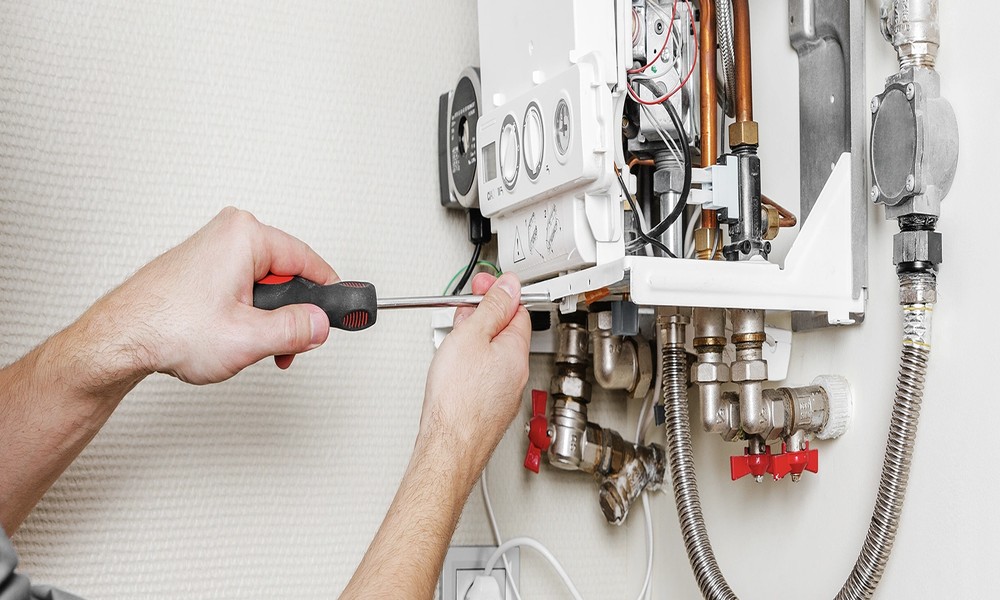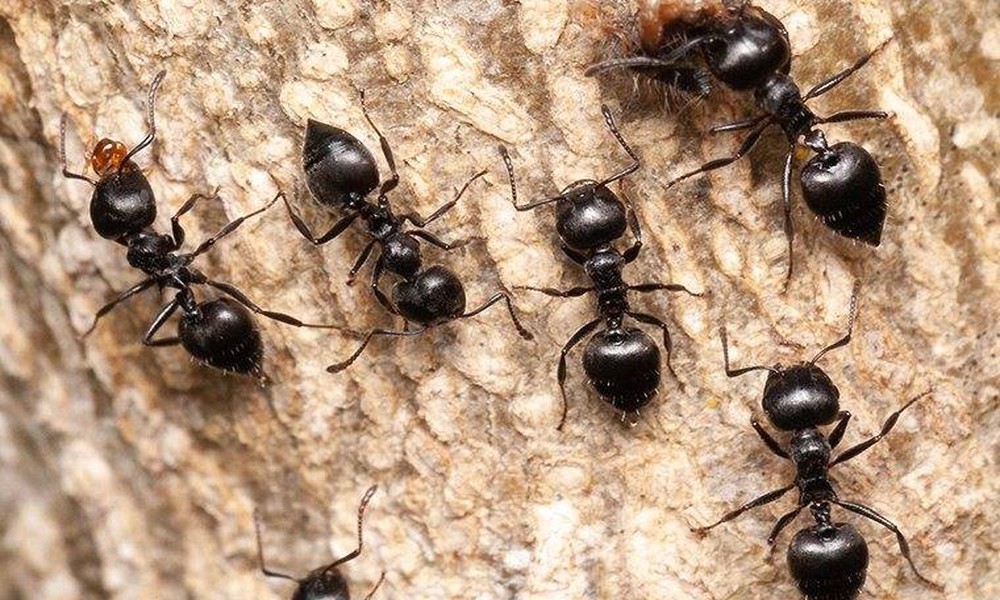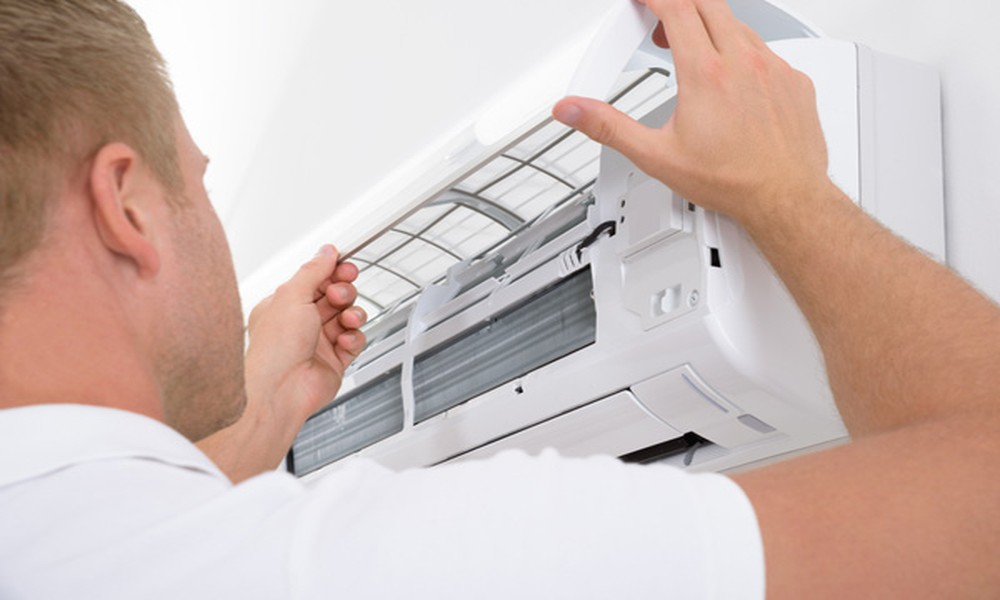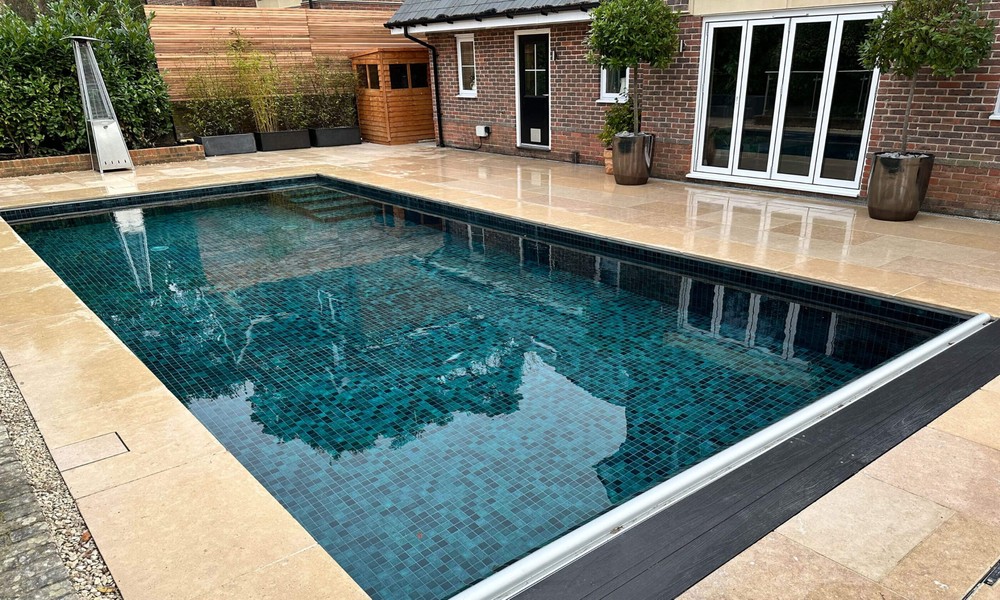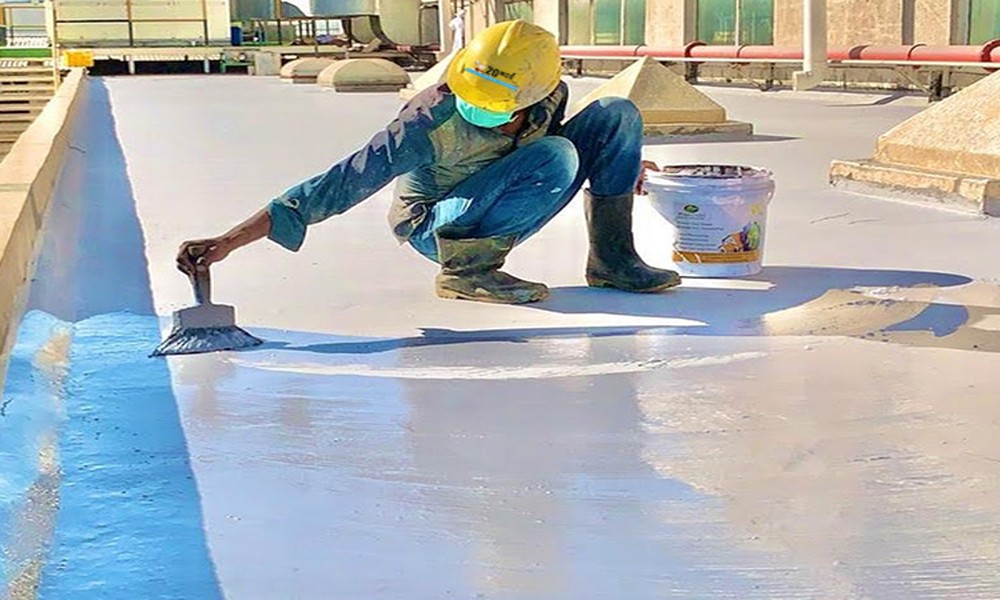
Preventing pests in hotels is crucial for maintaining a clean and safe environment for guests and staff. Pests can not only damage property and spread diseases but also harm the reputation of the hotel. With the right strategies and preventive measures, you can keep your hotel pest-free. Here are some effective tips on how to prevent pests in hotels, with insights from a Utah County pest control company.
Understanding Common Hotel Pests
Different types of pests can invade hotel properties. Understanding the common pests and their behaviors is the first step in effective prevention.
Bed Bugs
Bed bugs are notorious for infesting hotels. They hide in mattresses, bed frames, and furniture, coming out at night to feed on human blood.
Cockroaches
Cockroaches thrive in warm, moist environments and are often found in kitchens, bathrooms, and storage areas. They can spread bacteria and allergens.
Rodents
Rodents, such as rats and mice, can cause significant damage by gnawing on wires, furniture, and food supplies. They also carry diseases.
Ants
Ants are attracted to food and water sources. They can infiltrate kitchens, dining areas, and guest rooms.
Implementing Preventive Measures
To prevent pests from invading your hotel, implement the following preventive measures:
Regular Cleaning and Maintenance
Maintaining a high standard of cleanliness is essential for pest prevention.
- Daily Cleaning: Ensure that all guest rooms, common areas, and kitchens are cleaned daily. Pay special attention to areas where food is prepared and consumed.
- Deep Cleaning: Schedule regular deep cleaning sessions to reach areas that are often overlooked, such as behind furniture and appliances.
- Maintenance Checks: Regularly inspect the property for signs of pests and maintenance issues. Fix leaks, cracks, and other potential entry points immediately.
Proper Waste Management
Effective waste management can significantly reduce the risk of pest infestations.
- Secure Trash Bins: Use trash bins with tight-fitting lids and ensure they are emptied regularly.
- Recycling: Clean recyclable items before disposal to remove any food residue.
- Composting: If the hotel has a composting program, ensure that compost bins are sealed and located away from the building.

Food Storage and Handling
Proper food storage and handling practices are crucial in preventing pests.
- Airtight Containers: Store food in airtight containers to prevent pests from accessing it.
- Refrigeration: Keep perishable items refrigerated and avoid leaving food out overnight.
- Hygiene Practices: Train staff on proper food handling and hygiene practices to minimize the risk of contamination.
Sealing Entry Points
Pests can enter the hotel through small cracks and gaps. Sealing these entry points can prevent infestations.
- Inspect Regularly: Conduct regular inspections of the property to identify and seal any potential entry points.
- Weatherstripping: Install weatherstripping around doors and windows to close gaps.
- Repair Cracks: Use caulk or other appropriate materials to seal cracks in walls, floors, and ceilings.
Monitoring and Early Detection
Early detection of pest activity can prevent a small problem from becoming a major infestation.
Regular Inspections
Schedule regular inspections by trained staff or a professional pest control company to identify any signs of pests.
Monitoring Devices
Use monitoring devices such as traps and bait stations to detect pest activity early. Place these devices in strategic locations around the hotel.
Professional Pest Control Services
Enlisting the help of a Utah County pest control company can provide additional protection against pests.
Routine Inspections
Professional pest control companies can conduct routine inspections to identify and address potential pest issues before they escalate.
Targeted Treatments
Experts can apply targeted treatments to eliminate existing pest problems and prevent future infestations. They can also offer customized pest management plans tailored to your hotel’s specific needs.
Staff Training
Pest control professionals can provide training for hotel staff on how to identify signs of pests and implement preventive measures effectively.
Conclusion
Preventing pests in hotels requires a combination of cleanliness, proper waste management, food handling practices, sealing entry points, and professional pest control services. By understanding common hotel pests and implementing these preventive measures, you can maintain a clean, safe, and pest-free environment for your guests and staff. For comprehensive pest control solutions, consider consulting a Utah County pest control company. Their expertise and services can help ensure that your hotel remains pest-free, protecting your property and reputation.


